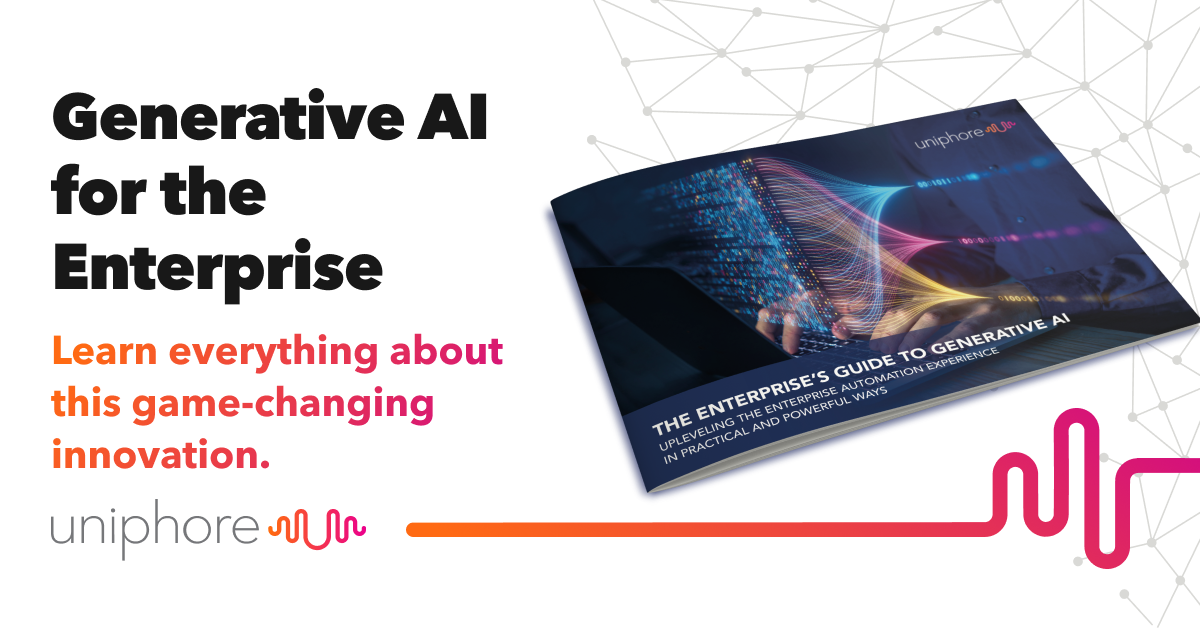Over the last 10 years, the value of the Indian insurance industry has grown at a compounded annual rate of around 20%. Nevertheless, today, there are several issues inhibiting the continued expansion of the sector. One major concern is the high cost of onboarding and serving customers across the nation, given infrastructure deficiencies and linguistic complexities. Furthermore, fraud is on the rise, causing Indian insurance companies a collective loss of Rs 30,000 crore in 2012.
In order to tackle the challenge of customer interaction across the country, most insurance companies have built a large nation-wide agent network. Agents travel to meet customers and help them evaluate and select an appropriate policy. While this high-touch interaction helps to vigorously develop business, it is an increasingly costly method as companies expand outside of big cities.
Furthermore, once an insurance policy is sold, the business must continue to service the customer. This typically occurs through a combination of agent interaction and call centre staff. However, phone-based interaction is riddled with insecurity, as it is difficult to validate the identity of the customer with high levels of certainty. Furthermore, huge investments are required to set up and maintain an effective contact centre. Therefore, for most insurers in India, handling customer interaction across the country remains both a security headache and a logistical nightmare.
Insurance companies need a robust and innovative mobility solution that smoothly and securely automates a large part of customer contact workflow. Some insurance businesses have explored the use of web and Smartphone applications to handle customer interactions. However, these applications can be easily hacked. As malicious users compromise customer accounts and confidential information, the enterprise bears the cost of fraud losses, damaged reputation, and litigation. Increasingly stringent password requirements targeting this problem are too challenging for customers to recall, and result in reduced successful authentication rates.
Moreover, in India, smartphone penetration is still extremely low – below 10%. Although this number is steadily growing, most platforms cannot cater to local Indian languages, and are unusable and unfriendly to the vast majority of the Indian population. A different mode of communication is therefore required.
To overcome the limitations of smartphone applications, the ideal solution will use Multilingual Speech Recognition and Voice Biometrics to automate customer acquisition and servicing processes for insurance companies. A speech-based mobility solution will enable Insurance companies to significantly reduce the costs of customer interaction while simultaneously enhancing security and customer satisfaction.
Here are some examples of how speech-based mobility can support Insurance automation:
- Customer onboarding: During the sales process, the agent gathers a Voice Biometric sample of the customer using any basic mobile phone. This voiceprint is stored along with the rest of the customer details in the backend MIS. In the future, the MIS will automate an outbound call to the customer to verify their personal details. The customer will first have to authenticate their identity through their voiceprint, and then they can confirm whether or not the details in the system are correct.
- Alerts and reminders: In addition to outbound dialling for profile registration, the solution must be to automatically alert customers of important information throughout the life of their policy, such as payments dues, policy lapses, and forthcoming policy maturity.
- Call center automation: Speech recognition technology easily handles a large proportion of routine calls from customers, such as changes to policy details, simple claims, statement requests, policy information, and bill payments. When the customer calls, rather than being routed straight to a call centre agent, he or she is first asked to authenticate their identity using voice biometrics. Once their identity has been verified, the customer simply speaks the service they would like to avail, like ‘make a payment’ or ‘review my policy.’
About Uniphore: Uniphore Technologies Inc is the leader in Multi lingual speech-based software solutions. Uniphore’s solutions allow any machine to understand and respond to natural human speech, thus enabling humans to use the most natural of communication modes, speech, to engage and instruct machines. Uniphore operates from its corporate headquarters at IIT Madras Research Park, Chennai, India and has sales offices in Middle East (Dubai, UAE) as well as in Manila, Philippines.
